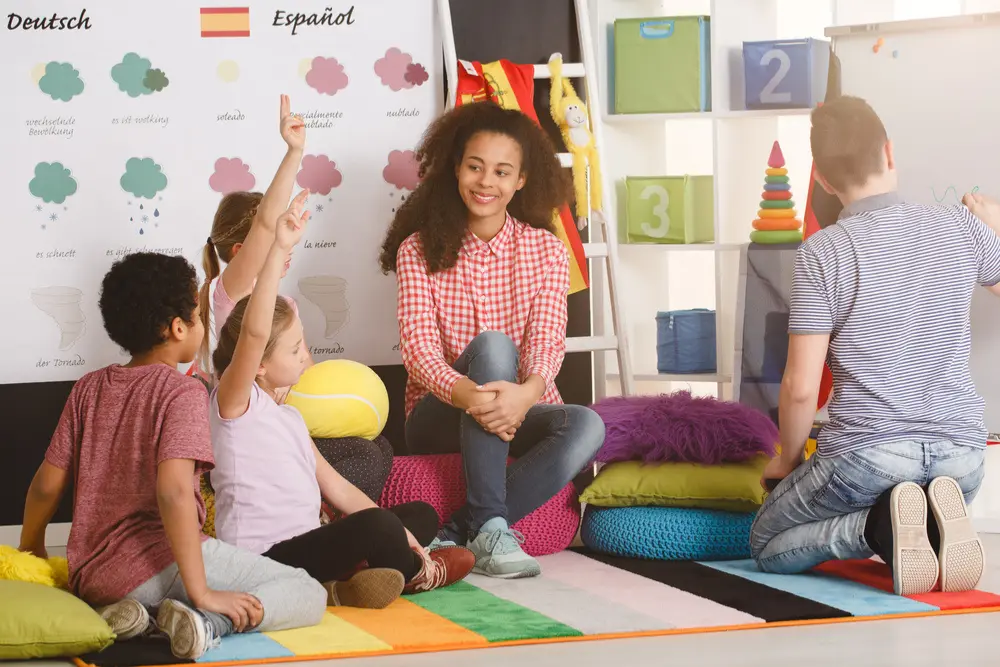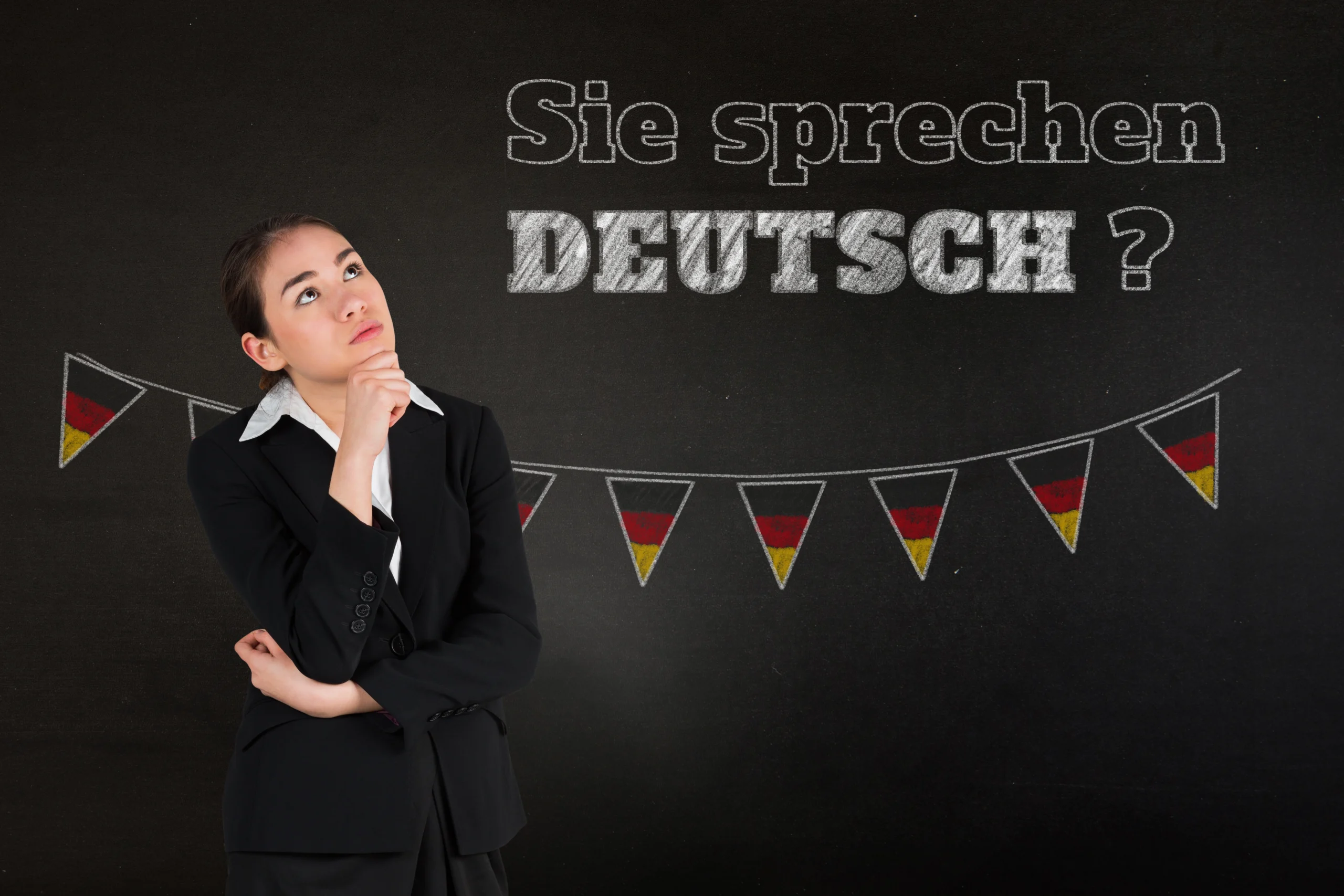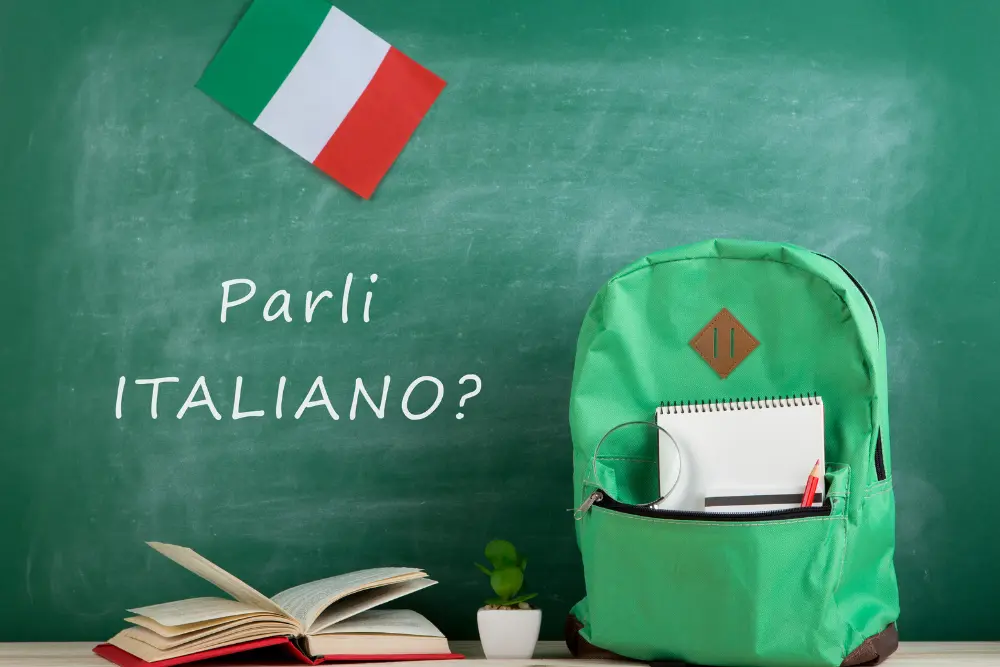While English is widely spoken in Spain, visitors can still benefit from learning some Spanish. Learning Spanish online and practicing it throughout your vacation is an excellent approach to broaden your mind and create lasting experiences. Notably, knowing this simple Spanish vocabulary and travel phrases will come in handy if you ever need assistance from someone who does not understand English.
Spanish is recognized as a romance language, which means it originated as an offshoot of Latin. It originated in Spain and subsequently spread worldwide through exploration and conquest. It is now the primary language in Spain, Central and South America, and certain regions of Africa. With an estimated 500 million native speakers, Spanish is the world’s second most widely spoken native language.
Spanish spoken in Spain is the most formal variant of the language. The Castilian dialect is the purest form of the language. Castilian is the most comprehensible variant of Spanish due to its neutral and clear tone. It is the closest to the language’s original form, similar to how English is spoken in the United Kingdom vs the United States or Australia.
Greetings and Basics
To break the ice, start with the basics greetings in Spanish. These phrases are similar to “hello” and “how are you” in Spanish.
- Hola (OH-lah): Hello
- Buenos días (BWEH-nos DEE-ahs): Good morning
- Buenas tardes (BWEH-nas TAR-des): Good afternoon
- Buenas noches (BWEH-nas NOH-ches): Good evening/night
- ¿Cómo estás? (COH-moh ehs-TAS)How are you?
Reply: Estoy bien, gracias (ehs-TOY bee-EHN, GRAH-syahs): I’m doing well, thank you.
Pro tip: When unsure whether to use “tú” (informal) or “usted” (formal), opt for “usted” for strangers or older individuals, as it is more respectful.
Polite Words and Phrases
Good manners go a long way in any culture. Here are some must-know phrases to keep it polite:
- Por favor (por fah-BOHR): Please
- Gracias (GRAH-syahs): Thank you
- De nada (deh NAH-dah): You’re welcome
- Perdón (pehr-DOHN): Excuse me/sorry
- Disculpe (dees-KOOL-peh): Pardon me (formal)
When asking for help, always start with “por favor” to show respect.
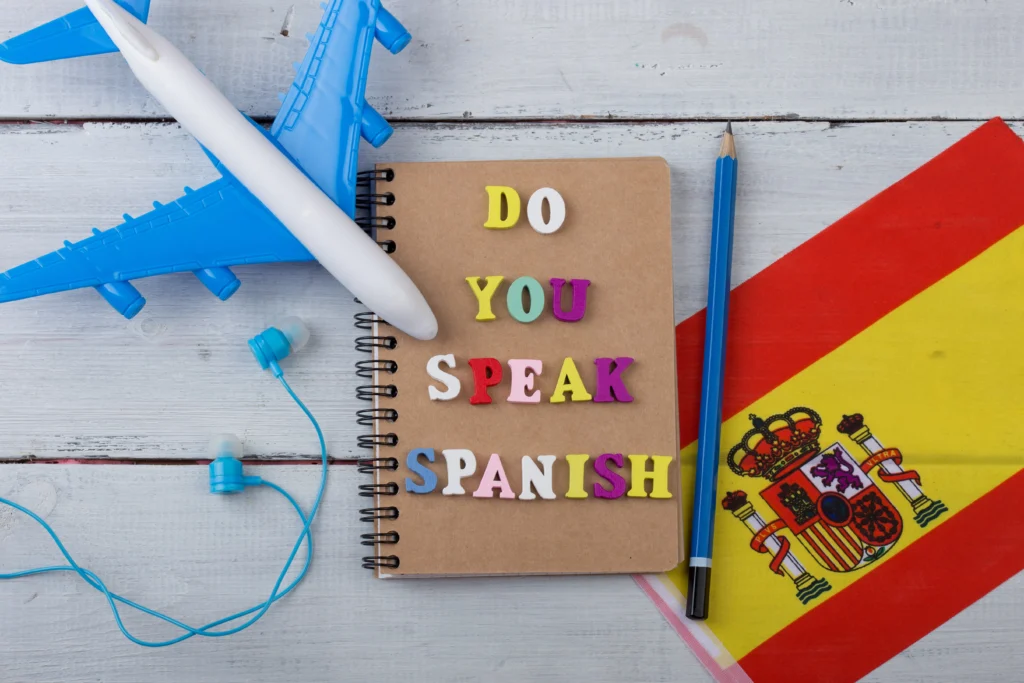
Getting Around
Navigating a new place can feel like solving a maze. These phrases will help you find your way:
- ¿Dónde está…? (DOHN-deh ehs-TAH) Where is…? Example: ¿Dónde está el baño? – Where is the bathroom?
- ¿Cómo llegó a…? (COH-moh YEH-goh ah) How do I get to…?
- A la derecha (ah lah deh-REH-cha): To the right
- A la izquierda (ah lah ees-kee-EHR-dah): To the left
- Todo recto (TOH-doh REHK-toh): Straight ahead
Ordering Food and Drinks
Eating out is one of the best parts of traveling! Use these phrases to navigate menus and order like a pro:
- Una mesa para [dos/tres], por favor (OO-nah MEH-sah PAH-rah [dos/tres], por fah-BOHR): A table for [two/three], please
- ¿Qué recomienda? (keh reh-koh-MYEHN-dah What do you recommend?
- Quiero… (kee-EH-roh): I want… Example: Quiero una cerveza: I want a beer.
- La cuenta, por favor (lah KWEHN-tah, por fah-BOHR): The check, please
Sin hielo (seen YEH-loh): Without ice (useful if you want drinks without ice)
Shopping and Bargaining
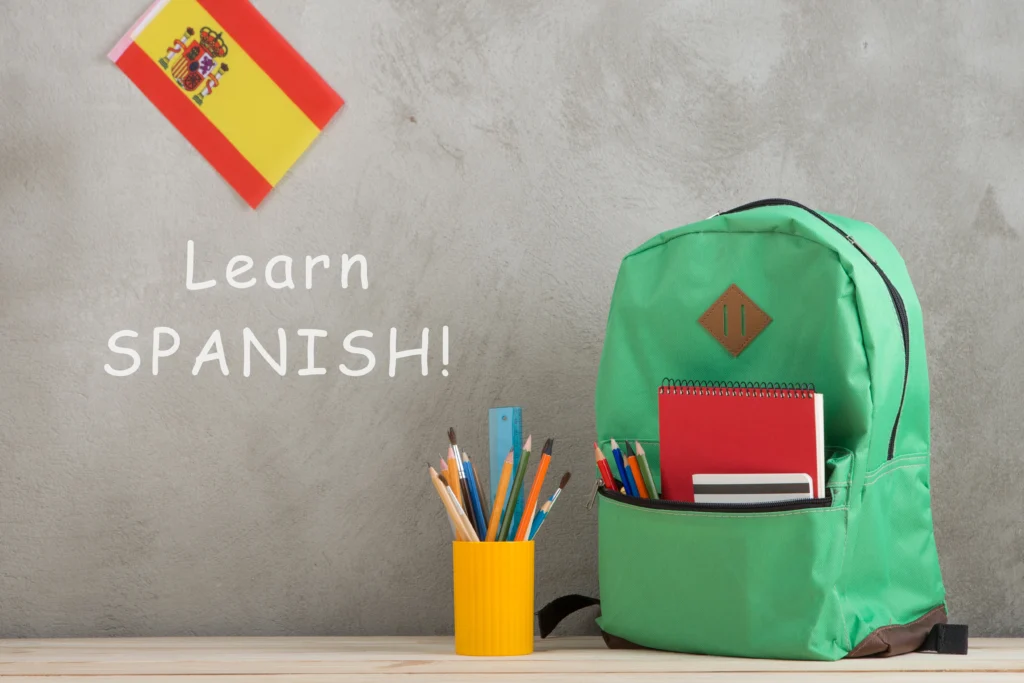
Exploring markets? These phrases will help you shop like a local:
- ¿Cuánto cuesta? (KWAN-toh KWEHS-tah) How much does it cost?
- Es muy caro (ehs mwee CAH-roh): It’s very expensive.
- ¿Tiene algo más barato? (TYEH-neh AHL-goh mahs bah-RAH-toh) Do you have something cheaper?
- Voy a pensarlo (VOY ah pen-SAHR-loh): I’ll think about it.
Bargaining is common in many markets. Just remember to stay polite!
Emergencies
Hopefully, you won’t need these, but it’s always good to be prepared:
- ¡Ayuda! (ah-YOO-dah): Help!
- Llamen a la policía (YAH-men ah lah poh-lee-SEE-ah): Call the police.
- Me siento mal (meh SYEHN-toh mahl): I feel sick.
¿Dónde está el hospital? (DOHN-deh ehs-TAH el hohs-pee-TAHL)Where is the hospital?
Common Travel Phrases
Whether you’re checking into a hotel or catching a cab, these will come in handy:
- Tengo una reserva (TEHN-goh OO-nah reh-SEHR-vah): I have a reservation.
- ¿Cuánto tarda? (KWAN-toh TAR-dah) How long does it take?
- Un boleto a [Madrid], por favor (OON boh-LEH-toh ah [Madrid], por fah-BOHR): A ticket to [Madrid], please.
Conclusion
Traveling to a Spanish-speaking country is an unforgettable experience. Armed with these phrases, you’ll not only be able to navigate with ease but also communicate with locals respectfully and curiously.
Language Learnings - Best Spanish learning class
Language Learnings offers an education that deepens language understanding by submerging students into their target languages. With instructors who speak Spanish as their native language or have deep expertise in the language, they deliver individualized instruction designed to meet your learning needs.
We teach a structured learning system that helps students advance quickly regardless of their starting level. Our best online Spanish course instruction focuses on practical, real-world communication methods that help students learn effectively.
Adaptable class hours and dedicated learning support help students improve their Spanish-speaking abilities. Join our educational program today to start your Spanish learning adventure.
